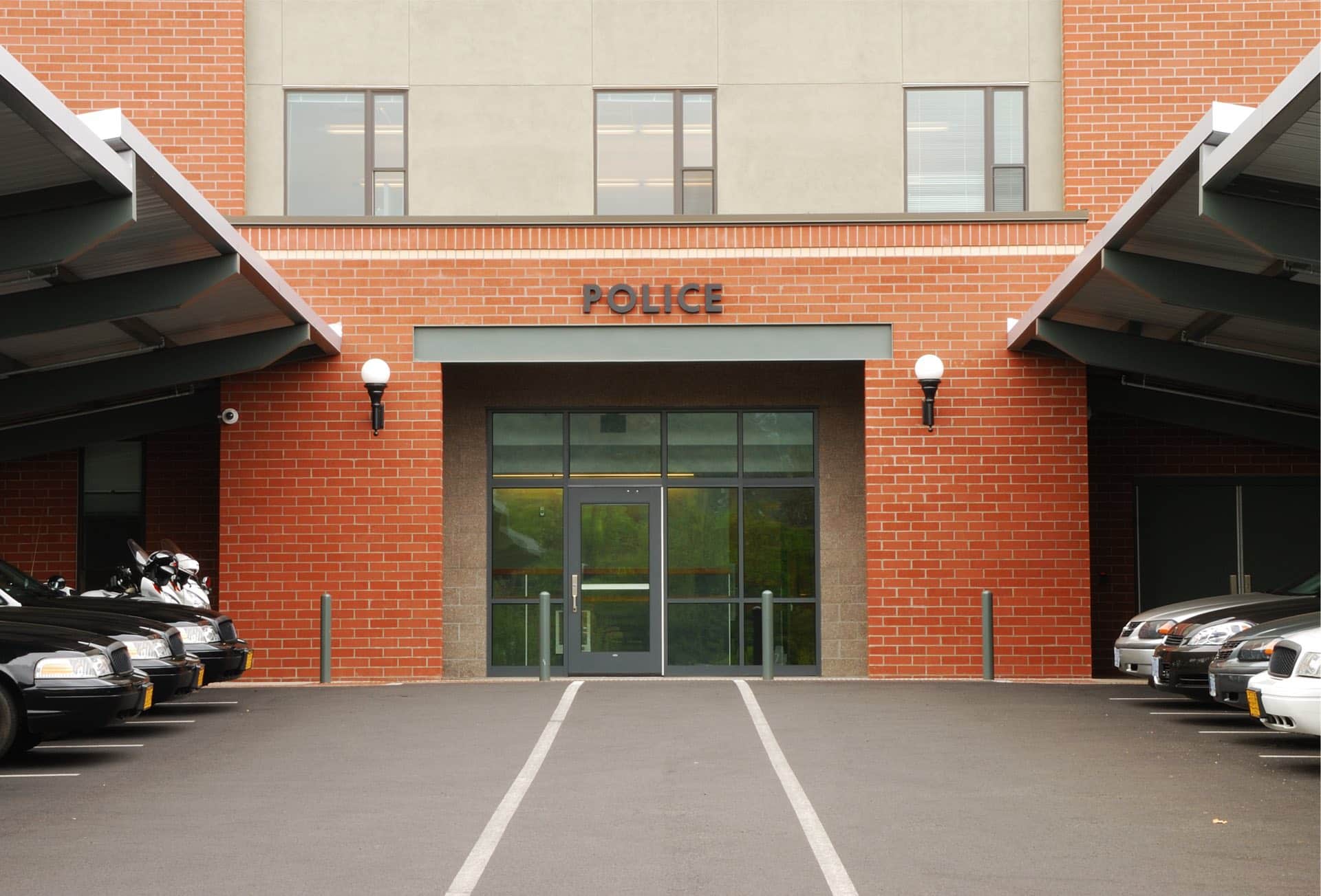
The criminal penalties for drug offenses in Texas can be severe. If convicted of a drug-related offense, you may face incarceration, costly fines, and other lasting limitations to your freedom and future. State and federal laws pertaining to drug crimes tend to be complex and challenging for most people to understand, so it’s essential to contact an experienced Houston area criminal defense attorney as soon as possible. Your lawyer will assess the specifics of your arrest and advise you on the most strategic path forward. If you are facing drug charges, your skilled criminal defense attorney will work hard to defend your rights and obtain the best possible outcome given the case’s specific circumstances.
Defining Drug Trafficking in Texas
First, it’s important to recognize that Texas state law does not include a designated “drug trafficking” criminal offense. However, the Texas Health and Safety Code does address the manufacture and distribution of controlled substances. There are also federal charges for actions constituting drug trafficking, but most of these cases involve a large-scale operation or the transportation of controlled substances across state lines. The nature and severity of the charges depend heavily on the classification of the substance, the quantity involved, and other factors, such as the location of the alleged activity (i.e., near a school). The penalties for drug crime convictions can be devastating, so reach out to a seasoned criminal defense lawyer right away to ensure your rights remain protected at every step of the legal process.
Drug Possession Versus Drug Distribution Charges
If Texas law enforcement discovers illegal substances in your possession (i.e., on your person, in your vehicle, or anywhere in plain view of the officer), they will likely arrest you for drug possession. Depending on the quantity of the substance and its Penalty Group, you could face Class C misdemeanor charges or first-degree felony charges. However, many prosecutors will attempt to escalate the charges by using circumstantial evidence to show you were planning to sell or distribute the controlled substance. For instance, they may point to the presence of scales, plastic baggies, or other objects found in the vicinity of the substance and classify it as “drug paraphernalia.” Working with a trusted and experienced Brazoria County defense lawyer is the best way to push back against these charges and keep your freedom as bright as possible.
How Prosecutors Prove Drug Distribution
The Texas state laws are intentionally broad in their definition of the distribution of a controlled substance. This loose definition allows for a range of criminal charges and penalties, but prosecutors must prove several elements to secure a conviction. Section 481.002(8) of the Texas Health and Safety Code defines “deliver” as “to transfer, actually or constructively, to another a controlled substance, counterfeit substance, or drug paraphernalia, regardless of whether there is an agency relationship.” Additionally, Section 481.002(14) defines “distribute” as “to deliver a controlled substance other than by administering or dispensing the substance.” These statutes make it possible for a defendant to face charges for simply giving away a narcotic or even telling someone else to distribute a substance on your behalf. Prosecutors may use circumstantial evidence to show that you intentionally tried to or planned on distributing a controlled substance to others.
Possible Penalties For Drug Offenses in Texas
The penalty for a drug distribution charge in Texas depends on the amount of the substance and the penalty group of that drug. For instance, possessing or distributing a small amount of a penalty group 4 substance (like a medication containing small amounts of narcotics in combination with other drugs) carries a much less harsh sentence than possessing or distributing a larger quantity of a penalty group 1 drug (like cocaine or heroin). In some cases, you could face federal drug trafficking charges, which may lead to a minimum prison sentence of up to ten years. Whether you’ve served your time for state or federal drug charges, you will likely still face lasting consequences, such as difficulty obtaining employment and limited housing options.
Defending Your Future and Freedom
Facing drug charges is no light matter. The best step you can take after your arrest is to contact an experienced Pearland attorney who can advocate aggressively on your behalf. Your attorney will assess the details of your arrest, looking for potential violations of your rights. You do not have to navigate this stressful experience alone—your attorney will remain by your side to answer your questions, address your concerns, and provide you with the support you need to move forward.
Call the Law Offices of Keith G. Allen, PLLC, today at (832) 230-0075 to schedule a free consultation with a trusted and experienced Pearland criminal defense lawyer.




